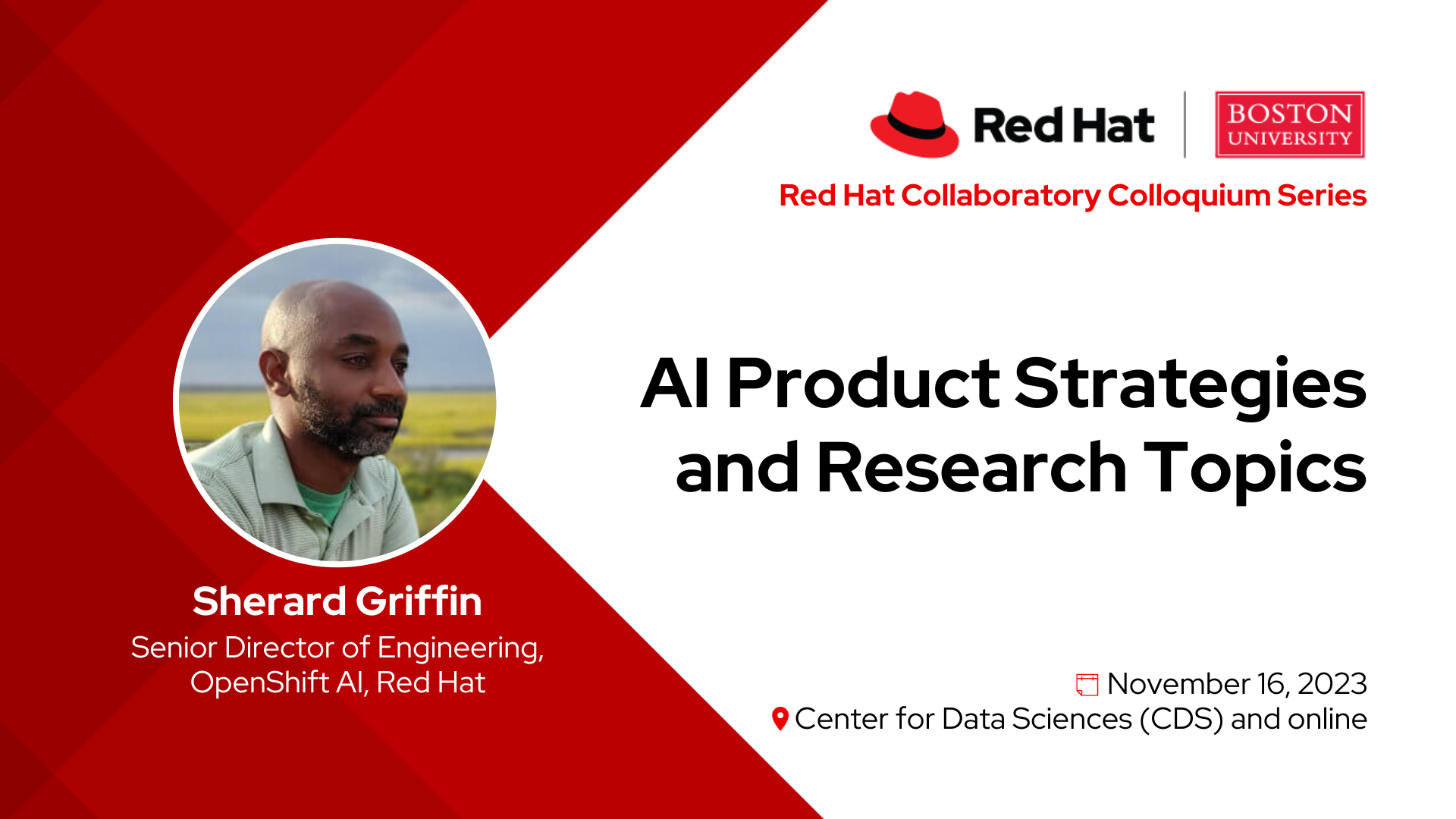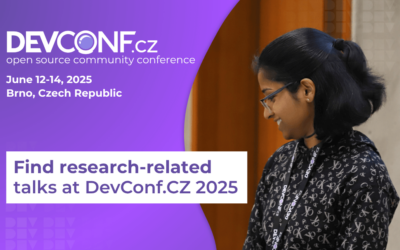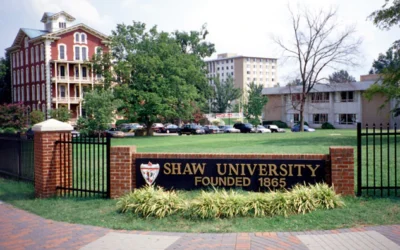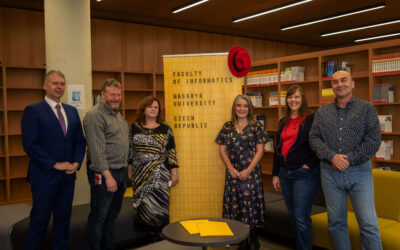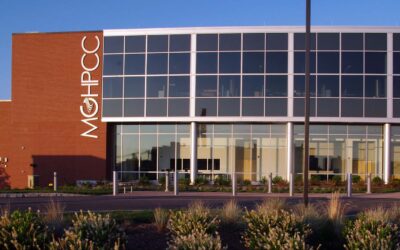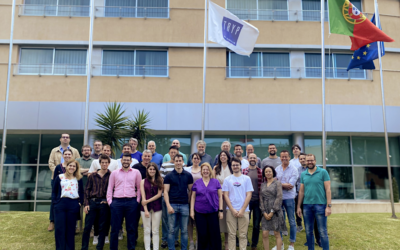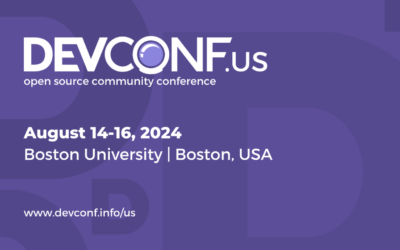AI technology is developing so quickly that by the time an enterprise implements a solution, it can easily be out of date. How do you know whether you’re pursuing a sound long-term strategy or just chasing the next shiny thing? In addition, the massive scale of AI workloads costs a lot of time and money, and the complexity of AI confuses many of the users who could benefit from it most. The barriers to full-scale adoption are formidable—but not insurmountable.
To learn why, check out the recording of “AI Product Strategies and Research Topics,” where Sherard Griffin, Red Hat Senior Director of Engineering for OpenShift AI, discussed the challenges to operationalizing AI for researchers and engineers. The presentation is one of a series of forums sponsored by the Red Hat Collaboratory at Boston University.
The conversation covered:
- Supporting deployment of foundation models in the hybrid cloud
- Tuning for better resource allocation and efficiency
- Managing the costs of AI at the edge
- Creating transparency to detect and reduce bias and ensure fairness
Griffin talked about the importance of keeping open source practices at the center of developing AI capabilities and tools and the development of OpenShift AI, for which Boston University was the first customer.
“If there’s anything I want you to walk away with,” Griffin said, “It’s that we need to have things running cheaper and faster, and we have to understand what is going on with AI. To democratize access to AI, models must be cheaper to run, and the lineage of those models must be transparent and fully understandable.”
Learn more
See the presentation slides.
Check out Red Hat Research’s portfolio of AI/ML-related projects.
About Sherard Griffin
Sherard Griffin was responsible for the development of Open Data Hub, a community-driven reference architecture for building an AI-as-a-service platform on OpenShift. He also leads engineering for Red Hat’s OpenShift AI products and services.
About the Red Hat Collaboratory
A partnership between Red Hat and Boston University, the Red Hat Collaboratory connects BU faculty and students with industry practitioners working in open-source software communities. The Collaboratory aims to advance research focused on emerging technologies in several areas, including operating systems, cloud computing services, machine learning and automation, and big data platforms.
